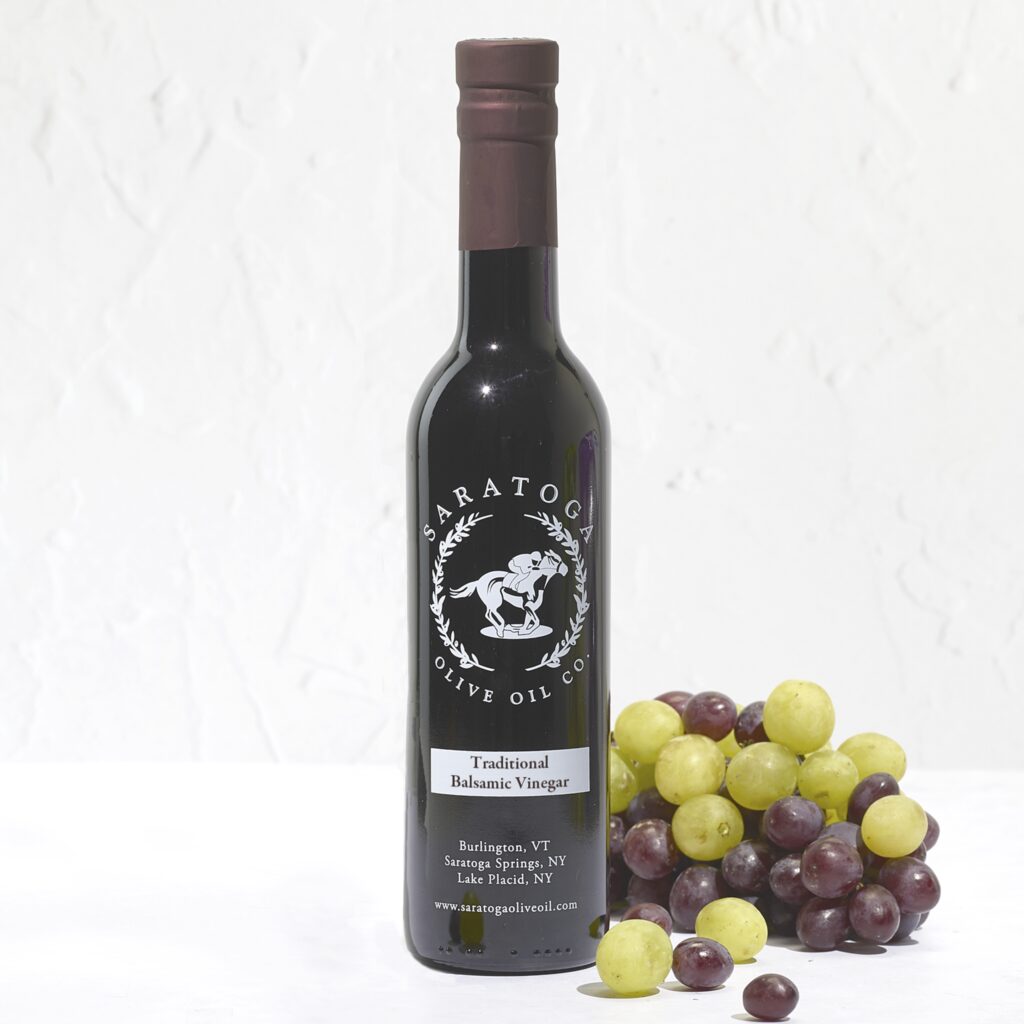Vinegars are a staple in many cuisines and offer nutritional benefits. Types like apple cider, balsamic, red wine, and white wine vinegars contain antioxidants and may have health benefits. They are used in savory dishes in marinades, sauces, and pickling, adding tanginess and flavor. In sweet dishes, vinegars add complexity and balance to desserts, fruit compotes, and baked goods. Overall, vinegars are versatile ingredients that enhance the taste and texture of dishes while providing health benefits. Whether used in savory or sweet dishes, they elevate the overall flavor profile.
The Versatility of Vinegars: Acidic Elixirs in Savory and Sweet Dishes
Types of Vinegars and Their Nutritional Value
Vinegars are not only a staple in many cuisines around the world, but they also offer a wide range of nutritional benefits. From apple cider vinegar to balsamic vinegar, these acidic elixirs can elevate the flavor profile of both savory and sweet dishes. Here are a few types of vinegars and their nutritional value:
Apple Cider Vinegar
Apple cider vinegar is well-known for its potential health benefits. It is rich in acetic acid, which has been linked to weight loss, improved blood sugar levels, and heart health. Additionally, apple cider vinegar contains small amounts of potassium and antioxidants.
Balsamic Vinegar
Balsamic vinegar is a dark, syrupy vinegar that originates from Italy. It is low in calories and is often used as a salad dressing or drizzled over roasted vegetables. Balsamic vinegar contains antioxidants and may help to improve digestion.
Red Wine Vinegar
Red wine vinegar is made from fermented red wine and is a popular ingredient in salad dressings and marinades. It contains small amounts of antioxidants and may have anti-inflammatory properties.
White Wine Vinegar
White wine vinegar is made from fermented white wine and has a milder flavor compared to red wine vinegar. It is low in calories and can be used in a variety of dishes, from pickling vegetables to making tangy sauces.
Uses of Vinegars in Savory Dishes
Vinegars are a versatile ingredient in savory dishes, adding a tangy and acidic flavor that can enhance the overall taste of a meal. Here are a few ways to incorporate vinegars into savory dishes:
Marinades
Vinegars can be used to tenderize and flavor meats, seafood, and vegetables in marinades. The acidity helps to break down tough proteins and infuse the ingredients with flavor. For example, balsamic vinegar makes an excellent addition to a marinade for grilled chicken or vegetables.
Sauces and Dressings
Vinegars are a key component in many sauces and dressings, such as vinaigrettes, barbecue sauces, and chutneys. They add brightness and acidity to these dishes, balancing out richer flavors. For instance, red wine vinegar can be used to make a tangy shallot vinaigrette for a salad, while apple cider vinegar can be mixed with honey and mustard to create a sweet and sour barbecue sauce.
Pickling
Vinegars are essential for pickling fruits and vegetables, preserving them and adding a tangy flavor. This method of food preservation not only extends the shelf life of produce but also creates a tasty condiment or side dish. White wine vinegar, for example, can be used to pickle cucumbers, onions, or carrots.
Uses of Vinegars in Sweet Dishes
While vinegars are often associated with savory dishes, they can also be utilized in sweet dishes to add a unique and complex flavor profile. Here are a few ways to incorporate vinegars into sweet dishes:
Desserts
Vinegars can be used in desserts to add a subtle acidity that balances out sweetness. For example, balsamic vinegar can be drizzled over fresh strawberries and vanilla ice cream, creating a delightful contrast of flavors. Additionally, apple cider vinegar can be added to baked goods such as cakes and muffins to enhance the flavor and texture.
Fruit Compotes and Syrups
Vinegars can be used to make tangy fruit compotes or syrups that can be used as toppings for pancakes, waffles, or yogurt. Red wine vinegar, when simmered with sugar and berries, can create a delicious and complex fruit compote that pairs well with various breakfast dishes.
Baked Goods
Vinegars can be used in baked goods to provide tanginess and improve the overall texture of the final product. For example, apple cider vinegar can react with baking soda to create a light and fluffy texture in cakes or quick breads. Additionally, white wine vinegar can be used to make a light and airy meringue for pies and tarts.
Conclusion
Vinegars are not only flavorful additions to a wide range of dishes, but they also offer numerous nutritional benefits. From apple cider vinegar to balsamic vinegar, there are many types of vinegars that can be incorporated into both savory and sweet dishes. Whether used in marinades, sauces, desserts, or baked goods, vinegars are truly versatile acidic elixirs that can elevate the taste and texture of any dish they are added to.
